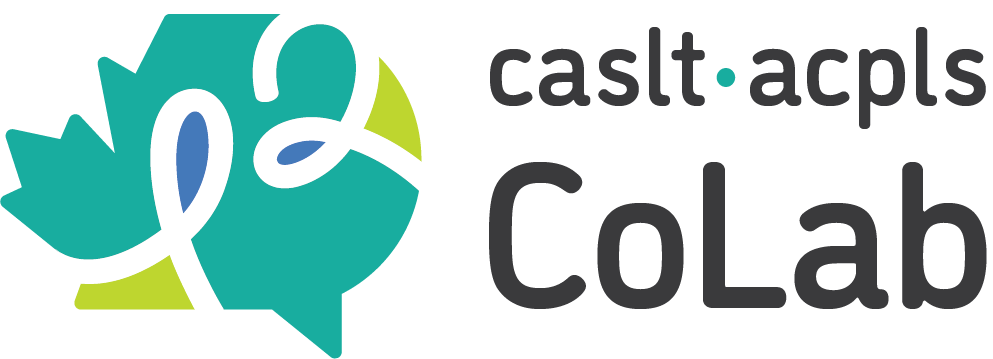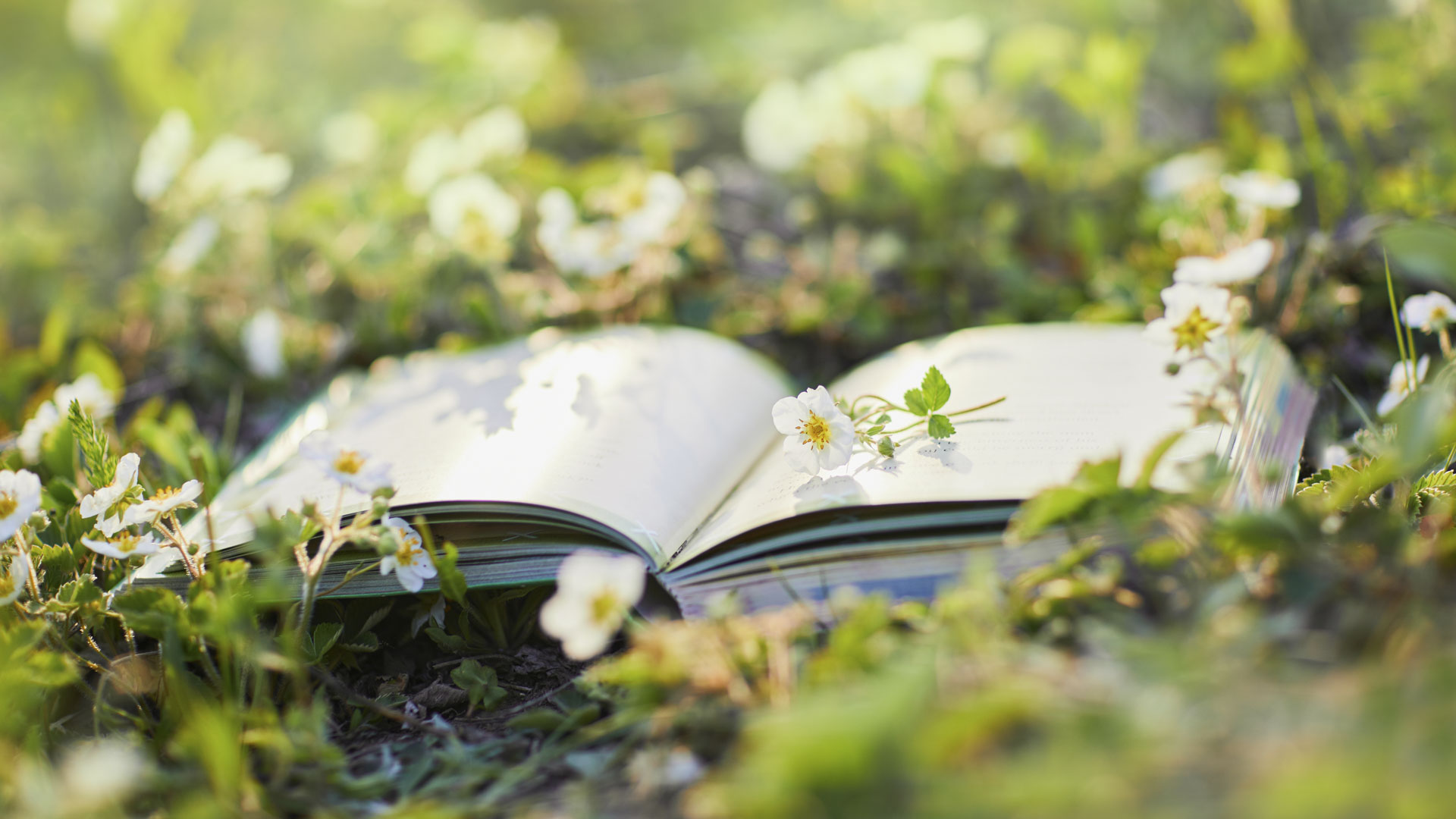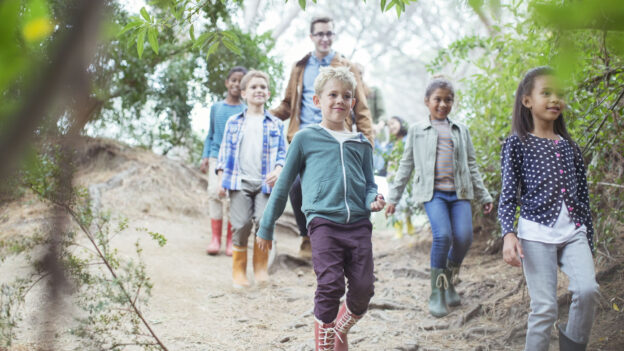About the Course
Welcome to “Infusing Worldviews of Indigenous Peoples in L+ Pedagogies.” Our course designers, Anja Dressler Araujo and Jadyn Fischer-McNab, are thrilled you’re taking the time to dive into this topic and enrich your personal and professional knowledge.
Anja, a Calgary-based settler of German and mixed European descent, is a Bilingual German Elementary teacher and has been teaching German to various ages since 2015. Melding Indigenous worldviews, knowledges, and literature into her German teaching is one of her passions. She has worked as a Content Manager, Digital Content Development Coordinator, and currently as Project Manager for the Books to Build On: Indigenous Literatures for Learning project with the University of Calgary since 2018. Jadyn, a Cree teacher and illustrator from Calgary (Mohkinstsis), Alberta, belongs to George Gordon’s First Nation in Saskatchewan. She is a graduate of the University of Calgary with a Bachelor of Kinesiology and a Bachelor of Education, specializing in Physical Education. With five years of experience teaching various subjects at the Calgary Board of Education, she currently teaches physical education and a leadership option that incorporates Indigenous ways of knowing and promotes diversity within the school culture. Alongside teaching, Jadyn has been a research assistant for the Books to Build On: Indigenous Literatures for Learning project with the University of Calgary since 2020. Her responsibilities include creating lesson plans for various Indigenous literature and media, finding new resources for the website’s database, and presenting the platform to relevant audiences.
We hope this course meets you where you are in your Indigenous Education journey and brings you to renewed understanding. This course will give you background knowledge on Indigenous worldviews and include sample lessons to incorporate in your classroom. Topics covered include learning from the land, the Medicine Wheel and its teachings, learning from Elders, and the importance of storytelling. While we strive to include a broad range of Indigenous worldviews, we acknowledge that Canadian Indigenous peoples are unique, and there is no one-size-fits-all approach. Whenever possible, we specify the origin of the knowledge presented, and we encourage you to do the same when engaging with your class. Each lesson is accompanied by a corresponding lesson/unit plan designed to be adaptable for any K–12 language classroom.
Learning Outcomes
Participants will:
- Cultivate a connection to the land:
- Understand the importance of learning from the land and develop an appreciation for the land they reside on.
- Familiarize themselves with local Indigenous peoples and the land acknowledgement for their area through the prompts and resources provided.
- Explore the creation of a land acknowledgement in the target language with their class.
- Explore the Medicine Wheel:
- Analyze and apply new knowledge of the Medicine Wheel and its metaphorical teaching applications.
- Guide their classes in exploring the seasons in the target language and connect this learning to the Medicine Wheel through an interdisciplinary project.
- Learn from Elders:
- Embrace the practice of learning from Elders and discuss the importance of learning from others, especially during language learning.
- Engage in this practice with their class through activities where students learn from Elders, family members, Knowledge Keepers, and other individuals to further develop the target language.
- Embrace the art of oral storytelling:
- Gain familiarity with the concept and importance of oral storytelling for Canadian Indigenous peoples.
- Practice incorporating this tradition in the target language with their students.
- Utilize storytelling in their classes and access resources to sustain the practice of oral storytelling.
Course Content
About Instructor



